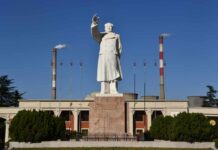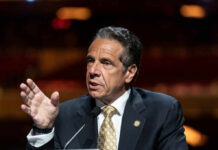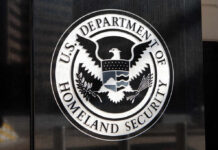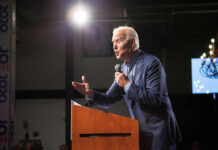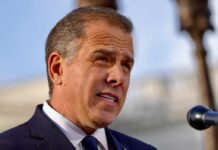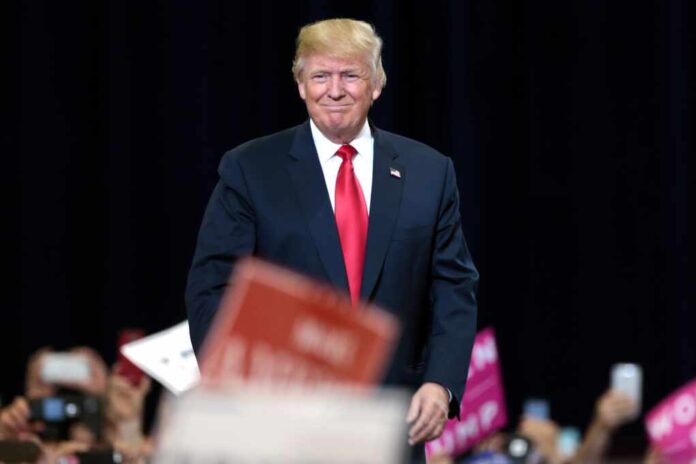
Trump’s demand for foreign student details from Harvard sparks fierce debate on privacy, security, and autonomy.
At a Glance
- Trump wants disclosure of foreign student names and origins at Harvard.
- Concerns about foreign influence on U.S. colleges drive the proposal.
- Jacqueline Toboroff investigates foreign student impact on education.
- Opponents worry about risking student safety and civil liberties.
The Demand for Transparency
President Trump is calling on Harvard University to disclose the names and countries of origin of its foreign students, igniting a contentious debate dividing the nation over privacy, security, and institutional autonomy. On one side, proponents like Trump argue the disclosure will ensure taxpayer money is not being diverted to fund foreign influences that potentially jeopardize national security or compromise educational integrity.
Stella Escobedo from One America News Network recently interviewed independent journalist Jacqueline Toboroff, who has explored the implications of foreign student influence in American higher institutions. Toboroff supports Trump’s push, suggesting unchecked enrollment conceals financial and social investments interfering with U.S. interests. Skeptics of the proposal counter it risks violating privacy rights and exposing students to unnecessary scrutiny or danger.
Confronting Foreign Influence
The ongoing debate hinges on balancing openness and safety in an era fraught with global tensions. Those concerned with foreign presence in American universities argue transparency ensures foreign funding, potential spy activities, and other malevolent influences can be promptly identified and cut off, thereby protecting citizens and institutions.
“President Trump is calling on Harvard to disclose the names and countries of foreign students.” – Stella Escobedo.
However, critics stress that exposing student information could violate fundamental freedoms and put vulnerable individuals in compromising positions. They argue that instead of transparency, due diligence paired with protective anonymity can achieve objectives without sacrificing personal liberties.
Navigating Independence and Oversight
This debate underscores the fine line between governmental oversight and institutional independence in maintaining not only national security but also the foundational values of higher education. Opponents urge that forcing universities to yield confidential records under governmental pressure undermines academic freedom, leading to politicized curriculum decisions and pandering to state interests.
Beyond immediate privacy considerations, these actions spearheaded by Trump and others may generate wider consequences, coloring future collaborations and risking the U.S.’s reputation as a haven for education seekers from all walks of life. With both economic and ideological forces looming, the resolution of this discussion remains hotly contested and imminently consequential.


